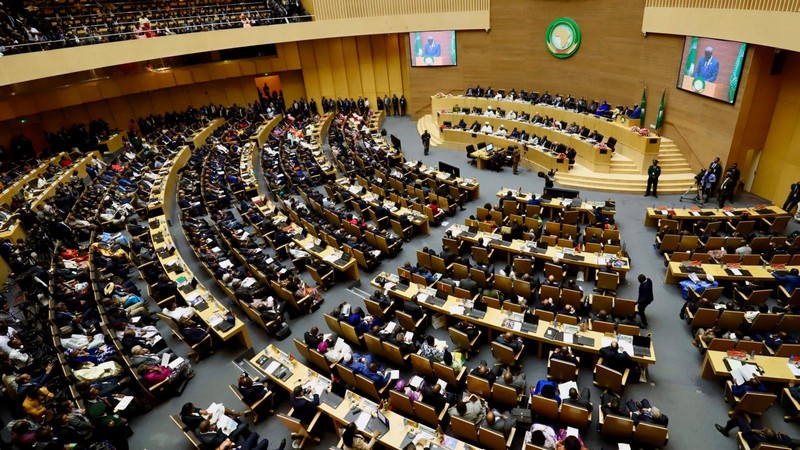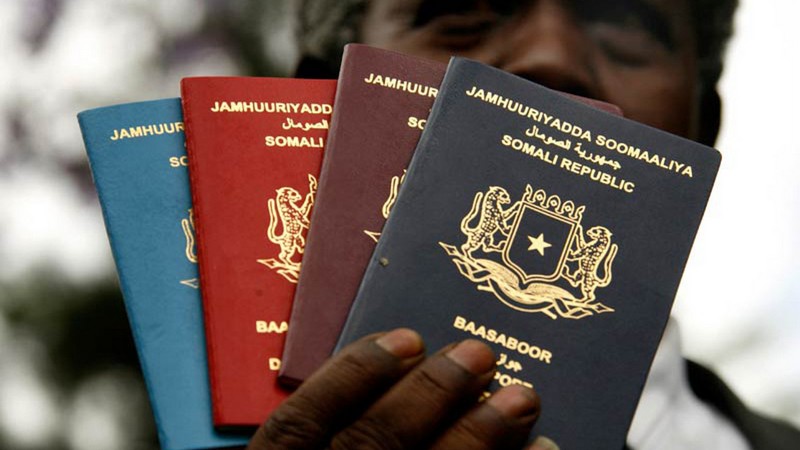(#wanderlusttips #Africa #Visa) In the circumstance of Britain’s vote to leave, the African Union is aiming to a closer integration with the plan of the common passport which allows visa-free access to all 54 member states.
[rpi]The electronic passports will be unveiled at the AU summit in Kigali, Rwanda, later this month, where they will be issued to heads of state and senior officials. The Union aims to distribute them to all African citizens by 2018, which is considered an ambicious plan.

“This flagship project has the specific aim of facilitating free movement of persons, goods and services around the continent – in order to foster intra-Africa trade, integration and socio-economic development,” the Union announced in a statement.
A recent report from the African Development Bank advised that easing entrance requirements would support economic growth, citing the case of Rwanda, which saw GDP and tourism revenues climb after abolishing visas.
Common passports have already been adopted for several regions, such as the Economic Community of West African States (ECOWAS). Currently, just 13 African states are open to all African citizens without advance visas, with many placing severe restrictions on travel.
AU Director for Political Affairs Dr. Khabele Matlosa believes opening borders will have a profound effect for workers at the lower end of the scale. “We have a problem now that young people are risking their lives to cross the Sahara Desert or travel on boats to Europe,” says Matlosa. “If we open opportunities in Africa we reduce that risk.“
The Director has been studying the example of Europe, but believes a closer African Union will not be so threatened by concerns about immigration or loss of sovereignty.

However Matlosa acknowledges the target of providing all citizens with the passports by 2018 is ambitious, conceding that full coverage may not be achieved until several years later.
This concern about the timeline is shared with David Zounmenou, senior research fellow at the Institute for Security Studies, who believes that the timeframe is too short and 2020 would be a fine effort.
He also pointed out that not all countries have the same level of technology needed for the biometric system and to register their citizens.
Zounmenou adds that the closer union will face a complaint familiar to European counterparts — that of more powerful states overriding smaller members.
“Not every country will buy into it,” he says. “Visa revenue is an important source of income for some countries and removing it will affect the local economy unless there is compensation.”
But Zounmenou believes that common passports will support international trade within the continent, reducing the widespread dependence on Western goods, and offer new opportunities to many citizens.
“Many people ask ‘what are the practical benefits of being a member of the AU?'” he says. “This can be one of the most important social and economic responses, which allows business to flow, students to travel, and people to move from one corner of the continent to another.“
Critics have suggested open borders risk strengthening terror groups and organized crime, but Zounmenou disagrees.
“One key advantage is that we will have centralized records to show who is going where,” he says.
CNN | Wanderlust Tips | Cinet


[…] tourists who wish to enter Myanmar only need a passport with an expiration date that is longer than 6 months. You do not need a visa when visiting Myanmar, […]